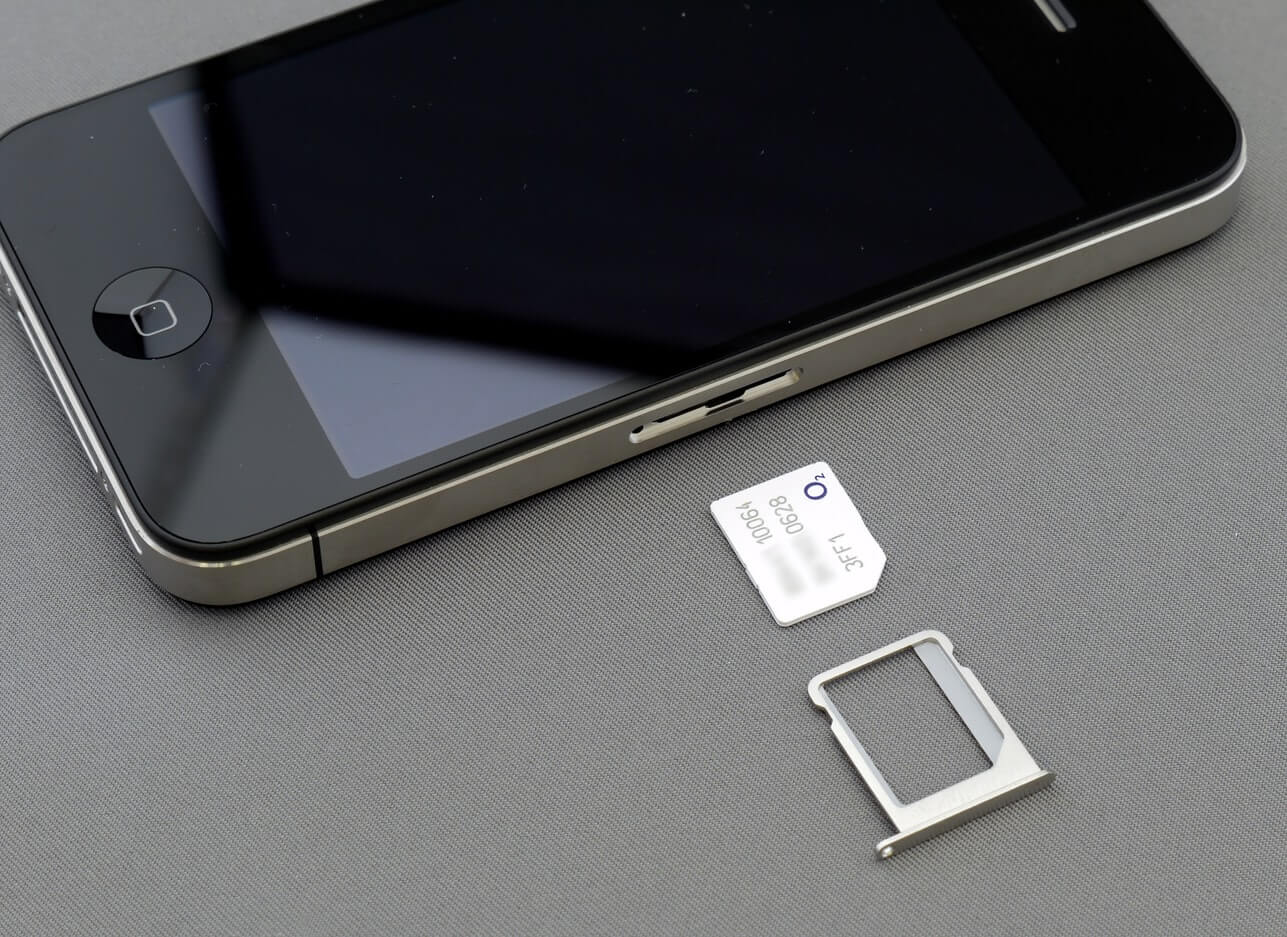

SIM Swapping FCC Fraud Senate Cryptocurrency
Lawmakers in the US have sent a letter to Federal Communications Commission (FCC) chairman Ajit Pai urging him to take a firmer approach with mobile network operators to help prevent SIM swapping.
Democratic officials from the US House of Representatives and Senate led by Senator Ron Wyden have voiced their concerns to the head of the FCC, arguing that wireless carriers have a duty to protect consumers from fraud.
SIM swapping is where cybercriminals convince a victim’s phone carrier to reassign the victim’s cell phone number from the current SIM card to the hacker’s own phone.
The letter, dated January 9, reads:
“Consumers have limited options to protect their wireless account from SIM swaps and are often not informed about these options by carriers until after they have been victimised.”
The letter claims that many incidences of SIM swapping have been perpetrated by corrupt employees who had access to sensitive customer data.
Highlighting this issue, the letter explains:
“For example, in May of 2019, the Department of Justice indicted several people who had exploited their employee access to the carriers’ computer to conduct SIM swaps that defrauded victims of more than $2 million.”
The letter outlines eight questions to the FCC on what action it is taking to prevent SIM swapping, including questions on wireless carrier culpability and whether the FCC has any plans to inform consumers about the dangers of SIM swapping fraud.
SIM swapping has become a tangible threat to cryptocurrency owners – especially those in the US, where it’s easier to transfer a cell phone number to a new SIM.
In December 2019, Coin Rivet reported on how one US teen was charged with 87 counts of grand larceny for his role in a SIM swapping operation which siphoned off over $1 million in cryptocurrency.
Similarly, Eric Meiggs and Declan Harrington, both in their early twenties, were convicted of SIM swapping thefts including $550,000 worth of digital assets in November.
Lengthy custodial sentences for SIM swapping fraudsters have been handed out in the past, with one 20-year-old suspect jailed for 10 years for his role in a $5 million SIM card theft.
You can read more about SIM swapping here.
Denver, Colorado, 24th February 2025, Chainwire
Denver, Colorado, 20th February 2025, Chainwire
Washington, D.C., 18th February 2025, Chainwire
Dubai, UAE, 27th January 2025, Chainwire
Those who enter the market at this time may be surprised to hear that Bitcoin…
George Town, Grand Cayman, 22nd November 2024, Chainwire